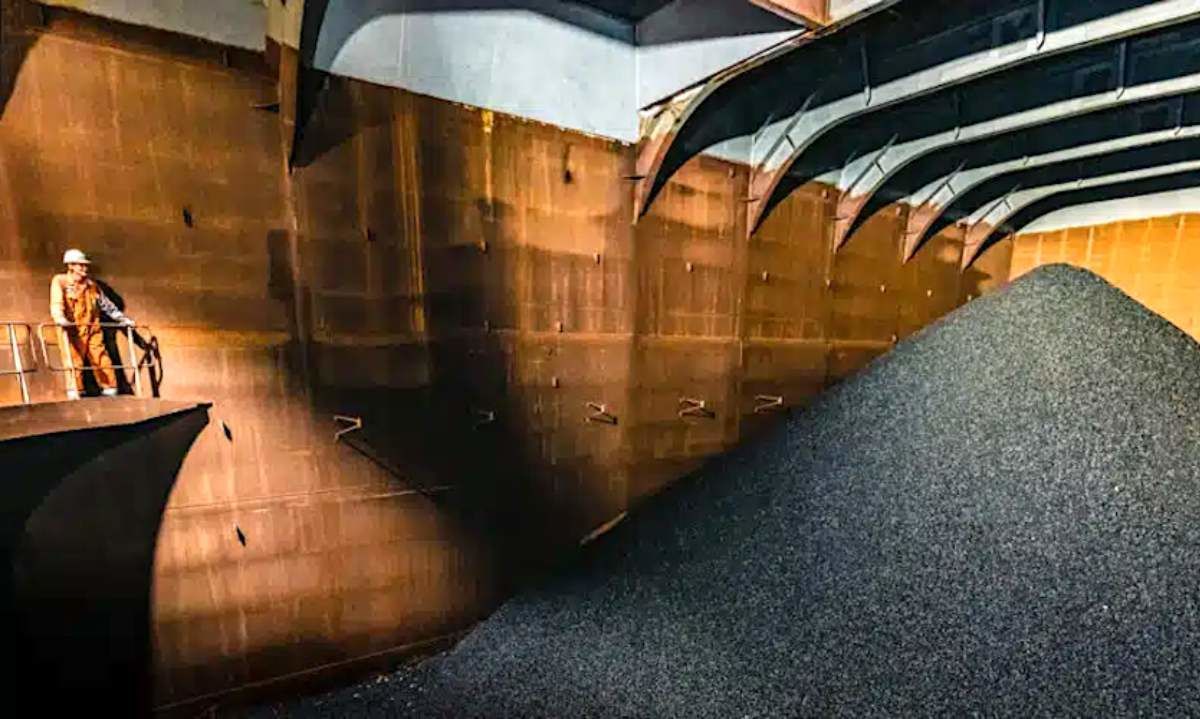
As mineral demand intensifies and regulatory uncertainty lingers, the Trump administration’s proposed executive order could redefine global rules and accelerate deep-sea mining activity—raising both economic opportunities and environmental concerns on the ocean floor.
The Trump administration is reportedly weighing an executive order that would fast-track deep-sea mining in international waters, bypassing the United Nations-backed regulatory process in favor of U.S. national oversight.
According to sources cited by Reuters, the order would authorize American companies to extract critical minerals directly through permits issued by the National Oceanic and Atmospheric Administration (NOAA), sidestepping the current framework developed by the International Seabed Authority (ISA).
This potential move marks the latest effort by former President Donald Trump to secure alternative sources of key minerals like nickel, copper, and rare earth elements, crucial for national security and clean energy technologies. It follows his recent use of emergency powers to expand domestic mining operations.
A challenge to international norms
The ISA, established in 1982 under the United Nations Convention on the Law of the Sea (UNCLOS), has been developing deep-sea mining regulations for over a decade. However, the U.S. has never ratified UNCLOS, allowing room for legal ambiguity regarding its obligations.
In 2021, Nauru sponsored The Metals Company (NASDAQ: TMC), a Canadian firm, to initiate the first deep-sea mining project in international waters, triggering a countdown for the ISA to finalize mining rules. Despite multiple sessions, including a recent high-stakes meeting in Jamaica, consensus remains elusive.
Frustrated with delays, TMC has now urged the Trump administration to take unilateral action. “The Authority is being influenced by a faction of States allied with environmental NGOs who see the deep-sea mining industry as their ‘last green trophy,’” said Gerard Barron, TMC’s chairman and CEO. “They have worked tirelessly to continuously delay the adoption of the Exploitation Regulations with the explicit intent of killing commercial industry.”
Geopolitical and environmental tensions rise
Several nations—including the Cook Islands, Norway, and Japan—are exploring seabed mining in their territorial waters, which extend up to 200 nautical miles from their coastlines. These countries aim to tap into polymetallic nodules and other mineral-rich formations lying deep beneath the ocean surface.
Supporters of deep-sea mining argue it offers a less environmentally damaging alternative to land-based extraction, pointing to the destruction caused by conventional mining operations. However, environmentalists and scientists caution that the ecological consequences of disturbing ocean floors remain poorly understood.
The International Energy Agency (IEA) has forecast a sharp rise in global mineral demand: copper and rare earth elements are expected to grow by 40%, while demand for nickel, cobalt, and lithium could surge by 60%, 70%, and 90%, respectively—driven by the global shift toward electric vehicles and renewable energy.
Industry players gaining momentum
In addition to TMC, several other companies are actively exploring the deep-sea frontier. Notable players include California-based Impossible Metals, Russia’s JSC Yuzhmorgeologiya, Blue Minerals Jamaica, China Minmetals, and Marawa Research and Exploration of Kiribati.
As mineral demand intensifies and regulatory uncertainty lingers, the Trump administration’s proposed executive order could redefine global rules and accelerate deep-sea mining activity—raising both economic opportunities and environmental concerns on the ocean floor.




